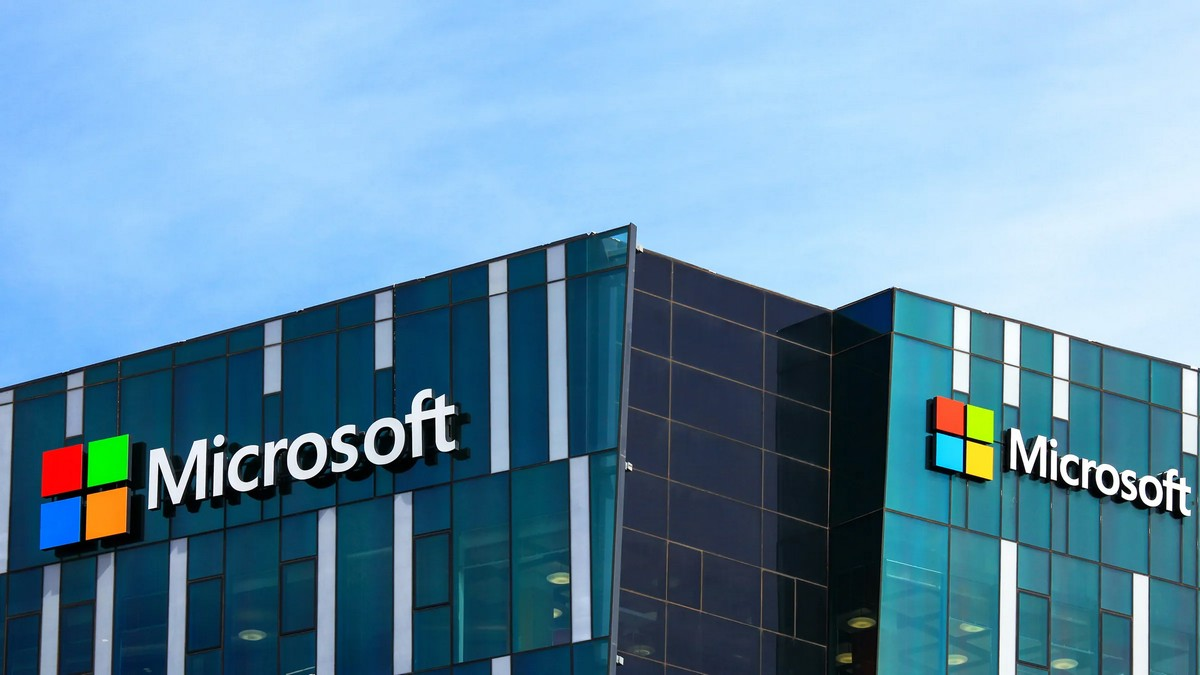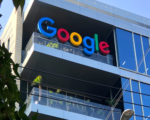Microsoft publicly accused Google of orchestrating “shadow campaigns” in Europe, claiming Google is backing a consortium to sway European regulators against Microsoft. According to a blog post by Microsoft’s attorney Rima Alaily, Google allegedly hired DGA Group, a consulting firm, to form the Open Cloud Coalition, which includes certain European cloud companies.
Alaily asserted that the coalition is an “astroturf group” organized to undermine Microsoft and influence policymakers under the guise of promoting “a fair, competitive, and open cloud services industry.” Alaily linked a flyer for the Open Cloud Coalition, which aims to address competition in cloud services across the UK and EU, with Google reportedly backing it financially and providing resources.
Google, under increasing scrutiny in both Europe and the U.S. — where it faces its second antitrust trial — responded, emphasizing its own concerns over Microsoft’s alleged anticompetitive practices. Google maintains that Microsoft’s licensing agreements for Windows Server create unfair conditions that limit customer choice and stifle innovation, impacting both cybersecurity and market competitiveness. In September, Google filed a complaint with the European Commission, specifically calling out Microsoft’s Windows Server licensing practices. Microsoft counters that its clients benefit by saving up to 36% when using Windows Server on its own cloud infrastructure compared to Amazon’s.
Alaily further alleged that Google has repeatedly aimed to disrupt Microsoft’s standing in both the U.S. and Europe. She highlighted Google’s financial support for the Coalition for Fair Software Licensing, which in 2023 petitioned the U.S. Federal Trade Commission to investigate Microsoft’s cloud licensing practices. Additionally, Alaily claimed that Google offered $500 million to members of the Cloud Infrastructure Services Providers in Europe to oppose a potential antitrust settlement related to Microsoft, which eventually was resolved in July.
The two tech giants, competing for dominance in cloud services, online advertising, and productivity software, continue to clash, with Google’s alleged covert campaigns adding fuel to their intensifying rivalry.
















